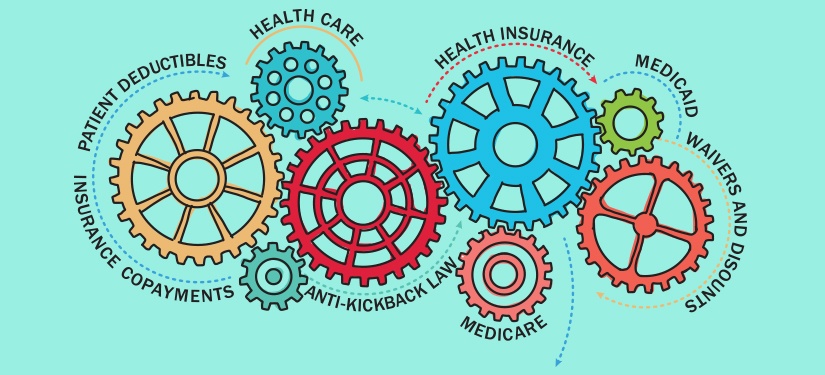Tag: premium
-

Don’t Get Caught in a Copay Conundrum
In the current environment of increasing patient deductibles and copays, the billing and collection of the patient portion of the services you provide is top of mind. In the Department of Health and Human Service’s report dated May 23, 2017, Alabama’s average monthly health insurance premium amounts increased 223 percent from 2013 to 2017, versus…
-

Four Dangerous Words Physicians Regularly Say
One trend evident in all medical practices is the shift in payment responsibility from insurance payers to the insured patients. As employers modify coverage to contain their premium costs, health care providers are treating patients who have $2,500, $5,000 and even $10,000 deductibles. Physicians who have practiced for many years have instructed their collections staff…